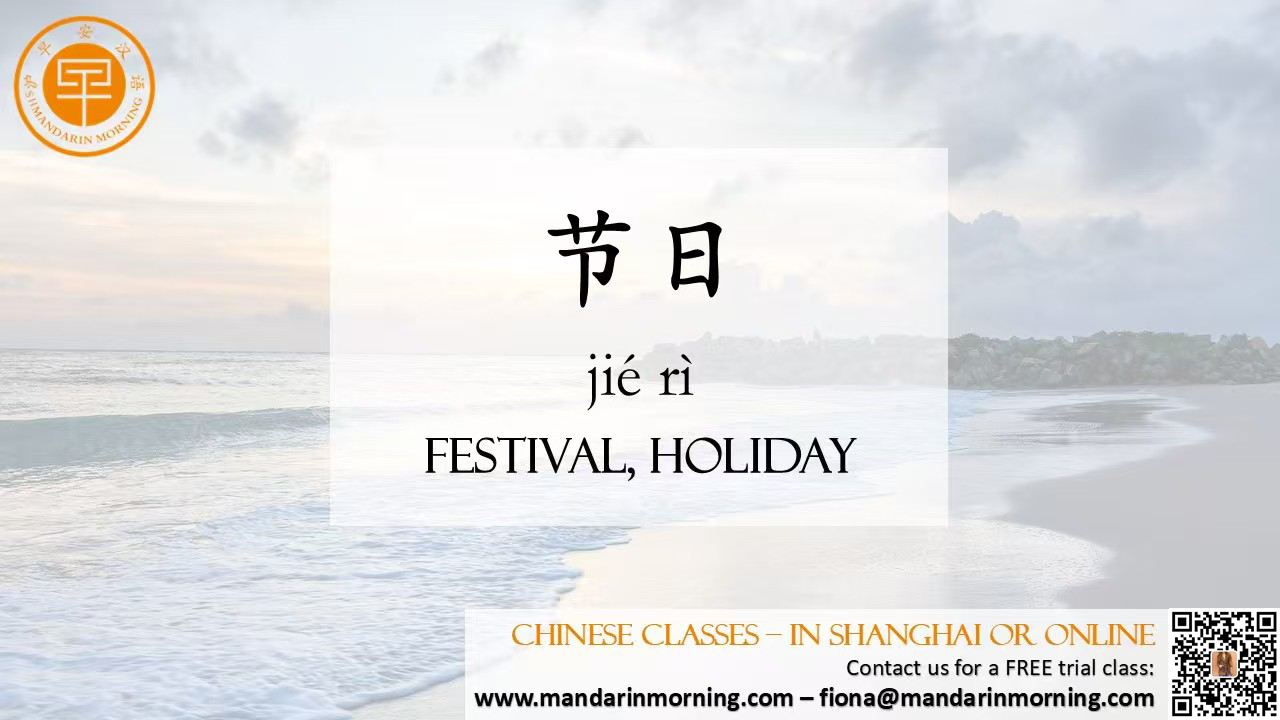| Chinese culture is a rich tapestry of history, tradition, and language. One of the most engaging ways to delve into this fascinating world is through the exploration of its festivals (节日, jié rì). These celebrations not only showcase the depth of Chinese heritage but also provide a unique opportunity to learn Mandarin Chinese vocabulary with pinyin. Let's embark on a journey through some of the most significant Chinese festivals and discover the language intertwined with these cultural events.  The Spring Festival (春节 - Chūnjié): Undoubtedly, the Spring Festival is the most important festival in China, marking the beginning of the lunar new year. It is a time for family reunions (家庭团聚 - jiātíng tuánjù) and is celebrated with various customs such as setting off firecrackers (放鞭炮 - fàng biānpào) to ward off evil spirits and welcoming the new year with a feast that includes dumplings (饺子 - jiǎozi), symbolizing wealth and prosperity. The Dragon Boat Festival (端午节 - Duānwǔjié): Falling on the fifth day of the fifth lunar month, the Dragon Boat Festival commemorates the ancient poet Qu Yuan. It is a day filled with dragon boat races (龙舟比赛 - lóngzhōu bǐsài) and eating zongzi (粽子 - zòngzi), a type of sticky rice dumpling wrapped in bamboo leaves. The festival is also a time to display one's knowledge of traditional Chinese medicine, as people hang calamus (菖蒲 - chāngpú) and wormwood (艾草 - àicǎo) to protect against diseases. Mid-Autumn Festival (中秋节 - Zhōngqiūjié): This festival, celebrated on the 15th day of the eighth lunar month, is a time to appreciate the full moon and enjoy mooncakes (月饼 - yuèbǐng), a round pastry filled with various sweet or savory fillings. The Mid-Autumn Festival is a symbol of unity and harmony, with families gathering to admire the moon (赏月 - shǎngyuè) and share in the joy of togetherness. Each festival is a treasure trove of Chinese vocabulary and an insight into the country's rich cultural heritage. By participating in these celebrations, one not only learns new words but also gains a deeper understanding of the customs and traditions that have shaped the Chinese language and society. Whether you're a language enthusiast, a cultural explorer, or simply someone looking to broaden your horizons, immersing yourself in Chinese festivals is a journey well worth taking. It's an experience that will not only enhance your Mandarin vocabulary but also provide a heartfelt connection to the soul of China. |